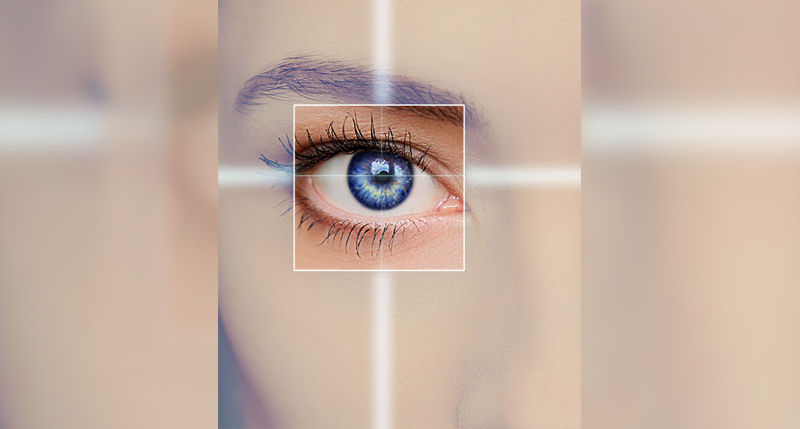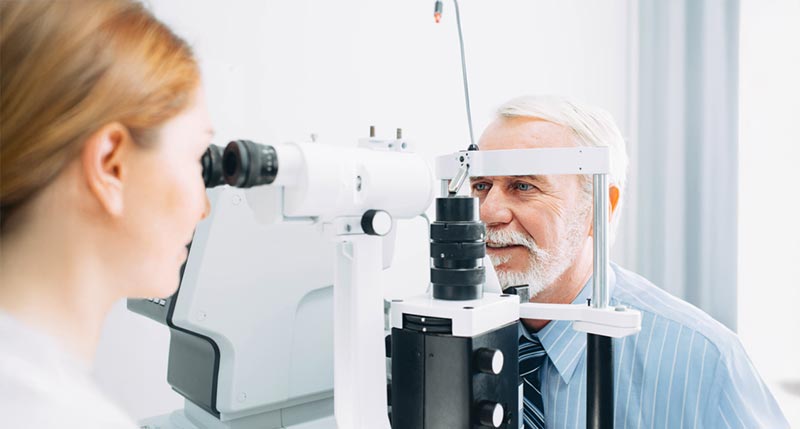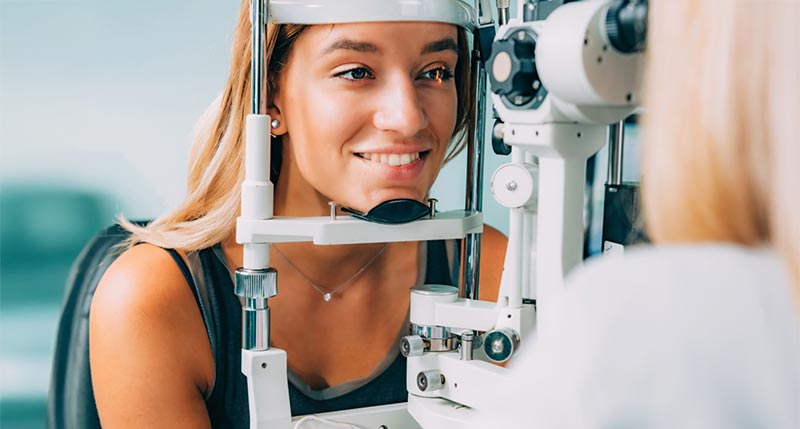LASIK eye surgery may mean freedom from dependence on corrective lenses – but it’s not right for everybody. Learn whether you’re a good candidate and what to consider as you weigh your decision.
LASIK is a type of refractive eye surgery that uses an advanced laser system to reshape the cornea and bend light into the proper place for good vison. There are several variations of laser refractive surgery. LASIK is the best known and most commonly performed.
Most people who have laser-assisted eye surgery achieve 20/25 vision or better, which works well for most activities. But most people still eventually need glasses for driving at night or reading as they get older.
LASIK surgery has a good track record. Complications that result in a loss of vision are rare and most people are satisfied with the results. Certain side effects, particularly dry eyes and temporary visual disturbances, are fairly common. But these usually clear up after a few weeks and very few people consider them to be a long-term problem.
Your results depend on your prescription and other factors. People with mild nearsightedness tend to have the most success with refractive surgery. People with a high degree of nearsightedness or farsightedness along with astigmatism have less predictable results.
Images are normally focused on the retina in the back of your eye. With nearsightedness (myopia), farsightedness (hyperopia) or astigmatism, they end up being focused elsewhere, resulting in blurred vision.
Traditionally, blurry vision is corrected by bending (refracting) light rays with glasses or contact lenses. But reshaping the cornea (the dome-shaped transparent tissue at the front of your eye) itself will also provide the necessary refraction and vision correction.
Your eye doctor is a great place to start to see if LASIK is right for you. Call today to schedule your LASIK consultation or ask us during your next regular visit.





